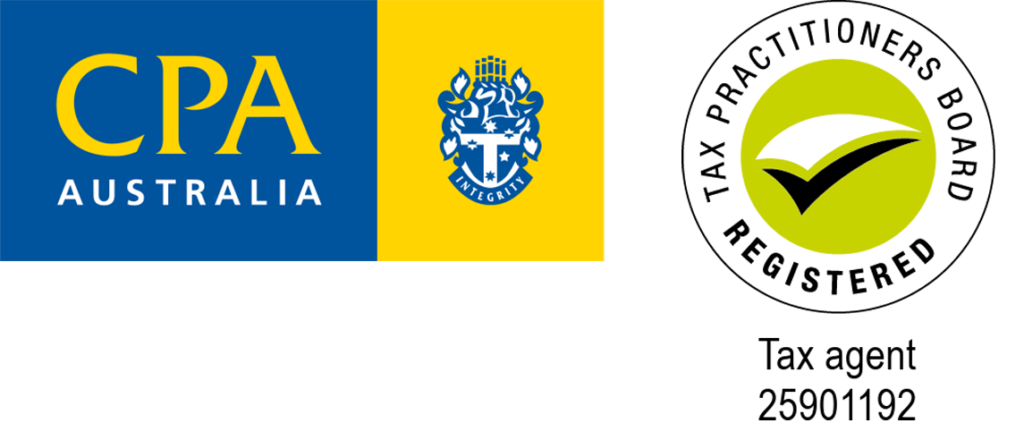19th October 2020
Budget 2020
Now that the COVID-19 economic recovery Bill has received assent we can discuss what was in the recent Budget and how it might affect you.
Individuals
Tax Cuts
The already legislated “stage two” tax cuts are being brought forward two years to be effective from 1 July 2020, that is, the current financial year.
Bringing forward the personal income tax plan will:
- Increase the top threshold of the 19% tax bracket to $45,000 (from $37,000)
- Increase the top threshold of the 32.5% tax bracket to $120,000 (from $90,000)
- Increase the low-income tax offset from $445 to $700
In addition, the low- and middle-income tax offset (LMITO), which was due to expire, has been extended for one year to 30 June 2021. This offset gives a maximum benefit of $1,080, decreases once you earn over $90,000 and is nil once you earn $126,000 or more.
First Home Loan Deposit Scheme
Announced pre-Budget, from 6 October 2020 until 30 June 2021, an additional 10,000 places will be available for first home buyers under the First Home Loan Deposit Scheme to support the purchase of a new home or a newly built home. The scheme enables first home buyers to purchase a home with a deposit of as little as 5% without mortgage insurance. There are currently 27 participating lenders across Australia offering places under the First Home Loan Deposit Scheme.
Business
Instant Asset Write-Off
The government is really keen for business to invest. Until 30 June 2022 businesses can now fully deduct the cost of any depreciable asset purchased after 7.30pm on 6 Oct 2020 regardless of cost. The exception to this is motor vehicles which have a depreciation limit which is currently $59,136.
JobMaker
The government have offered to subsidise the cost of hiring someone previously on a government allowance. Eligible employers can claim JobMaker Hiring Credit for each additional new job they create for an eligible employee from 7 October 2020 to 6 October 2021. Employers will need to demonstrate that the new employee will increase overall employee headcount and payroll. The JobMaker Hiring Credit will be available from the date of employment for up to 12 months and capped at $10,400 for each additional new position created.
Eligible employers will receive:
- $200 per week if they hire an eligible employee aged 16 to 29 years or
- $100 per week if they hire an eligible employee aged 30 to 35 years.
To be eligible, the employee will need to have worked for a minimum of 20 hours per week, averaged over a quarter, and received the JobSeeker Payment, Youth Allowance (other) or Parenting Payment for at least one month out of the three months prior to when they are hired.
The JobMaker Hiring Credit will be paid quarterly in arrears.
Loss Carry Back
Normally you can only carry losses forward to offset future profits. However, this new measure allows you to carry back losses from the 2019-20, 2020-21 and 2021-22 income years to offset previously taxed profits in the 2018-19, 2019-20 and 2020-21 income years.
Under this measure, tax losses can be applied against taxed profits in a previous year, generating a refundable tax offset in the year in which the loss is made. The amount carried back can be no more than the earlier taxed profits, limiting the refund by the company’s tax liabilities in the profit years. Further, the carry back cannot generate a franking account deficit meaning that the refund is further limited by the company’s franking account balance.
Companies that do not elect to carry back losses can still carry losses forward as normal.
These are the Budget highlights most relevant to each of you, but should you like more information, please see here.
Should you have any questions, please don’t hesitate to contact me.
Jacquelyn Cassell



